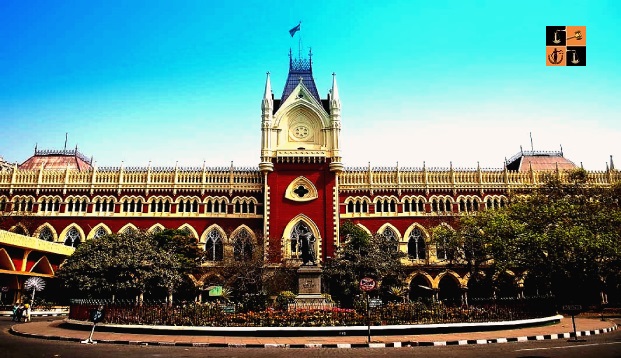The Calcutta High Court refused to provide interim orders in a PIL filed by Reforms Social Welfare Foundation, the petitioner, stating that “no effective direction for interim orders can be passed and even assuming such orders are passed, the same cannot be implemented effectively,” noting that writ petition was moved one day before being listed.
Brief Facts:
The petitioner sought a writ of mandamus against the respondent authorities to prevent any illegal slaughter of animals in the State of West Bengal. The petitioner urged for strict compliance with animal protection laws including the Prevention of Cruelty to Animals Act, 1960, Transport of Animal Rules, 1978, Prevention of Cruelty to Animals (Slaughterhouse) Rules, 2000 and West Bengal Animal Slaughter Control Act, 1950 and sought interim orders to this effect. The immediate cause for filing the petition was an event organised by the Bolla Kali Mata Puja temple in Dakshin Dinajpur district which claimed to conduct sacrifice of more than 10,000 goats.
Contentions of the Petitioner:
The petitioner argued that the proposed mass sacrifice violated Supreme Court directives and animal protection laws. They sought a ban on such activities stating that animal sacrifice in temples was in violation of Article 21 of the Constitution.
The Senior Standing Counsel representing the respondents informed the Court that a meeting had been convened by district officials and that the temple was ready to abide by the decision of the Supreme Court in Lakshmi Narain Modi vs. Union of India & Ors[1].
Observations by the Court:
The High Court acknowledged the petitioner's submission and referenced the decision of the Supreme Court in the Lakshmi Narain Modi Case (supra). The directives from the Supreme Court included the prohibition of animal slaughter, except in recognized or licensed houses, restricting slaughter within municipal areas to licensed slaughterhouses, avoiding slaughter of specific animals, and preventing slaughter in sight of other animals.
A charitable trust called 'Akhil Bharat Krishi Go Seva Sangh', also sought to intervene in the proceedings. They referred to several decisions of the Supreme Court and various High Courts and submitted that several High Courts have held that the practice of animal sacrifice in temples was violative of Article 21 of the Constitution and accordingly, should be banned. It was however submitted, that, though appeals were pending before the Supreme Court, there was no order of stay.
Recognising the absence of a specific statute in West Bengal addressing animal sacrifice, the court stressed the need for a long-term solution. The Court stated that the festival had already begun which made it impractical to issue positive directions at this point.
Despite refraining from giving immediate directions, the court urged the district administration to take effective steps to ensure the compliance with the agreed-upon conditions. The Court said that the conditions were not mere formalities but also held members responsible for ensuring strict adherence.
The decision of the Court:
The Court left the matter to the authorities expressing that they would ensure the conditions imposed on the puja committee are rigorously implemented. The Court also directed the respondents to file their affidavits within eight weeks and the charitable was granted the liberty to file an appropriate application.
Case Title: Reforms Social Welfare Foundation & Anr. vs. Union of India & Ors.
Coram: Hon'ble Mr. Chief Justice TS Sivagnanam and Hon'ble Mr. Justice Hiranmay Bhattacharya
Case No.: W.P.A.(P) 592 of 2023
Advocates for the Petitioners: Mr. Rachit Lakhmani, Mr. Swapan Nath, Ms. Saswati Chanda Roy, Mr. Rony Bhattacharyya, and Mr. D.K. Sharma
Advocates for the Respondents: Mr. Amitesh Banerjee, Ld. Senior Standing Counsel and Ms. Ipsita Banerjee, Mr. Ashok Kr., Chakraborty, Ld. ASG, Mr. Dhiraj Kr. Trivedi, Ld. DSGI, Mr. Somnath Ghosal, Mr. Subha Senapati, Mr. Vinay Kr. Shraff, and Mr. Dev Kr. Agarwal
Read Order @LatestLaws.com
[1] (2013) 10 SCC 227
Picture Source :


























